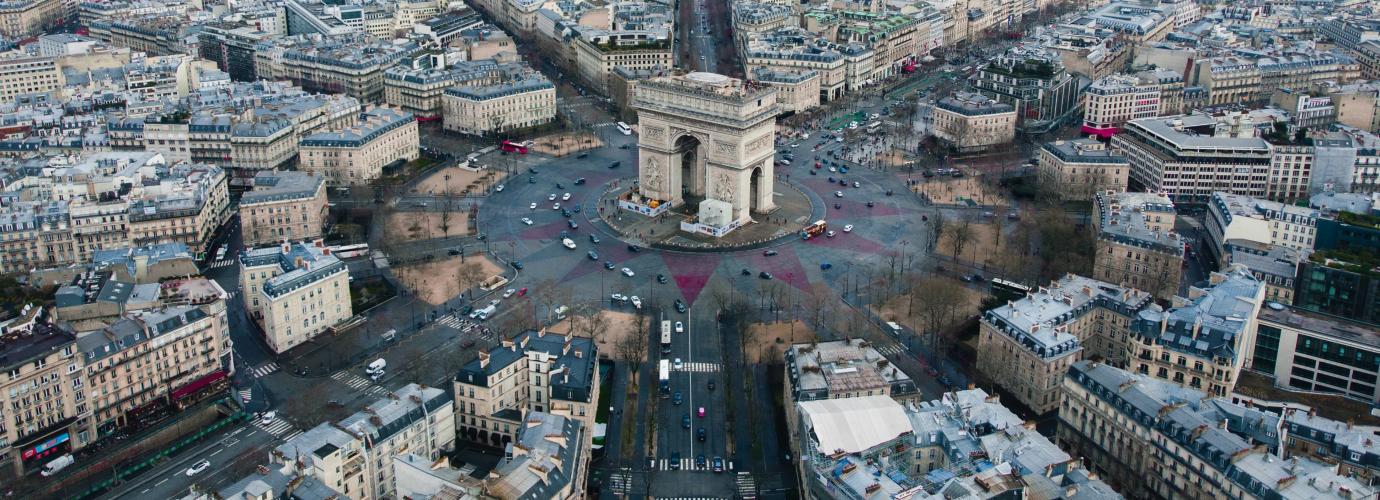Education advisers
Education advisors are teachers trained to train teachers. They must hold the CAFIPEMF (certificat d'aptitude à exercer les fonctions d'instituteur et de professeur des écoles et à former des enseignants - certificate of competence to exercise the functions of a primary school teacher and to train teachers). Their training is governed by the decree of 4 May 2021, and the examination is organised according to the procedures detailed in the circular of 19 May 2021.
Education assistants
Article L916-1 of the Education Code stipulates that educational assistants are recruited by secondary schools to assist the educational team in line with the school's project, in particular for the supervision of pupils.
Educational assistants enrolled in a course of study at an institution of higher education that awards a diploma preparing for the competitive examination for access to the teaching or educational corps may be gradually assigned support, guidance, education and teaching duties.
Educational assistants are recruited on contracts of a maximum duration of three years, renewable up to a total commitment period of six years. A decree defines the conditions under which the State may conclude an open-ended contract with a person who has worked for six years as an educational assistant, with a view to continuing his or her duties.
The educational assistant scheme is intended to benefit scholarship students as a priority.
The documentalist teachers
Documentary teachers are governed by circular n°2017-051 of 28 March 2017. They carry out their activity in the school as part of a teaching and educational team of which they are full members. As such, they share the tasks common to all teachers and educational staff. They also have specific tasks. They are responsible for the documentation and information centre (CDI), a place for training, reading, culture and access to information. They train all students in information and documentation and contribute to their training in media and information literacy.
The documentalist teacher is a teacher and a supervisor of the acquisition by pupils of an information and media culture, a supervisor of the organisation of the school's educational and documentary resources and their availability, and an actor in the opening up of the school to its educational, cultural and professional environment.
Health and social workers
National education nurses are mostly assigned to secondary schools and may cover, within a given intervention area, schools and secondary schools that do not have a resident nurse. Under the authority of the head teacher, nurses are responsible for promoting and implementing health policy for all pupils enrolled. National education nurses hold the required state nursing diploma and have passed a specific competitive examination to work in the national education sector.
National education doctors are responsible for individual and collective prevention and health promotion activities. These actions are aimed at all pupils, whether they are in primary, lower or upper secondary schools. National education doctors have the qualifications required to practise medicine in France and have passed a specific competitive examination to work in the national education sector.
Social workers help young people at school to deal with problems they encounter in everyday life, whether or not these problems are school-related. They work in public secondary schools on behalf of students and their families, carrying out a wide range of tasks:
- Examine the school and family situation of pupils in difficulty,
- Inform them of their rights,
- Referring them to the appropriate support services,
- Support them in their efforts,
- Play a mediating role.
They also advise institutions on social issues and participate in collective prevention actions. They hold the state diploma required for social workers and are subject to professional secrecy.

